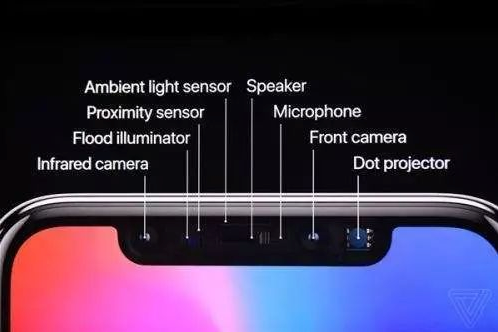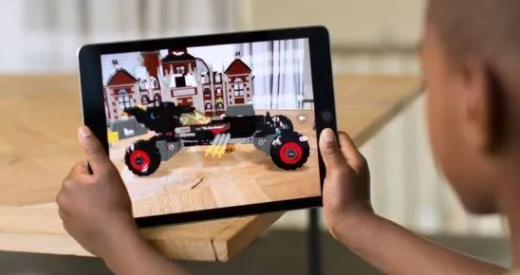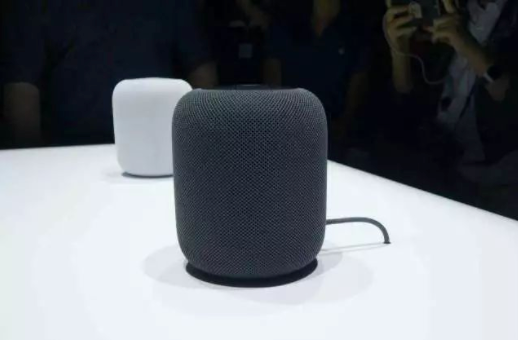
This article is produced by NetEase Smart Studio (public number smartman 163). Focus on AI and read the next big era!
[NetEase smart news December 11 news] Apple CMO (Chief Marketing Officer) Phil Schiller (Phil Schiller) recently accepted the media interview. The Apple executive talked about iPhone X and face recognition, as well as topics such as augmented reality technology and smart home technology.
Regarding face recognition on the iPhone X, Schiller explained that compared to the Android system, Apple's biggest advantage is the integration of the entire iOS system. He pointed out that to replace the Home button, Apple still needs to figure out a lot of things, including Siri, Apple Pay, and Touch ID. However, Schiller believes that Apple has used Face ID to solve these problems with a "very unique implementation."
In addition, Schiller did not praise other smart phone manufacturers facial recognition system. In an interview, he said: "They are all very bad. They will not work in all the ways we need face recognition. We are very clear that for so many years, this simple Home key was initially used only for people to tap into the home screen. The way it was used, and later it's gradually increased in functionality, we added a fingerprint identification system (Touch ID), it can implement multi-tasking mode, can call Siri, can also activate Apple payment services.We must solve all these problems. This is not the case with other facial recognition technologies. Face ID is a very unique implementation."

Schiller also mentioned some concerns about privacy issues, including the use of face recognition systems and developers' access to TrueDepth cameras. He said that Apple is "very hard" to maintain its trust in how users handle personal information. Schiller said: "No face recognition data will be sent to a third party. So, what facial features do you use when registering Face ID and what do you use to unlock the phone? This is an encryption algorithm built by Apple's Secure Enclave module. Create and encrypt." Apple had a detailed review of Face ID in the past, but has always been open to its approach.
The Apple executive made the distinction that data that can be accessed by third-party applications is different from the data of Face ID. In addition, he also stated that any application that wants to access the data of the original in-depth camera needs to go through a more rigorous application review process:
"Developers must understand their user privacy policies. They use facial data and what they are using it. So you know. Whether you want to do it or not, you can choose. Everything is under control. Every application that wants to use face data must undergo a special application review."
With regard to virtual reality and augmented reality, Schiller said that Apple spent a lot of time studying the effectiveness and use of each product. Schiller said that for virtual reality, Apple's final conclusion is that the first step is to create virtual reality extensions on Apple Computer's operating system.

"We have found that virtual reality technology is a very good solution, especially for those who are developing virtual reality content. It is not yet a huge end-user market, but content creators are trying to achieve this goal. We believe that It is very important that content creators can develop virtual reality content on Apple computers. Our first step is to create virtual reality extensions on Apple Computer's operating system."
However, Schiller’s views on augmented reality are much more optimistic. He said that augmented reality has "widely used mainstream applications" and may change "all major software categories."
"On the other hand, Augmented Reality is a technology that has incredible mainstream applications, and it has the potential to change almost all of the major categories of existing software. Because here, you bring digital information to the real world around us. world."

In the end, Schiller gave more explanations on the delay in the sale of Apple HomePod, saying that Apple needs more time to ensure quality. As for the future, Schiller says HomePod plays a very important role in Apple’s smart home vision:
"Our vision is that you can walk into a house where the Homepod will be there. You can say that turning on the lights, closing the curtains, and whatever you suggest, it will be done. It will be very important to Apple's future smart home market." The role."
(Selected from: 9to5mac Compiler: Netease See Compiled Robot Reviewer: Xue Yaqin)
Pay attention to NetEase smart public number (smartman163), obtain the latest report of artificial intelligence industry.